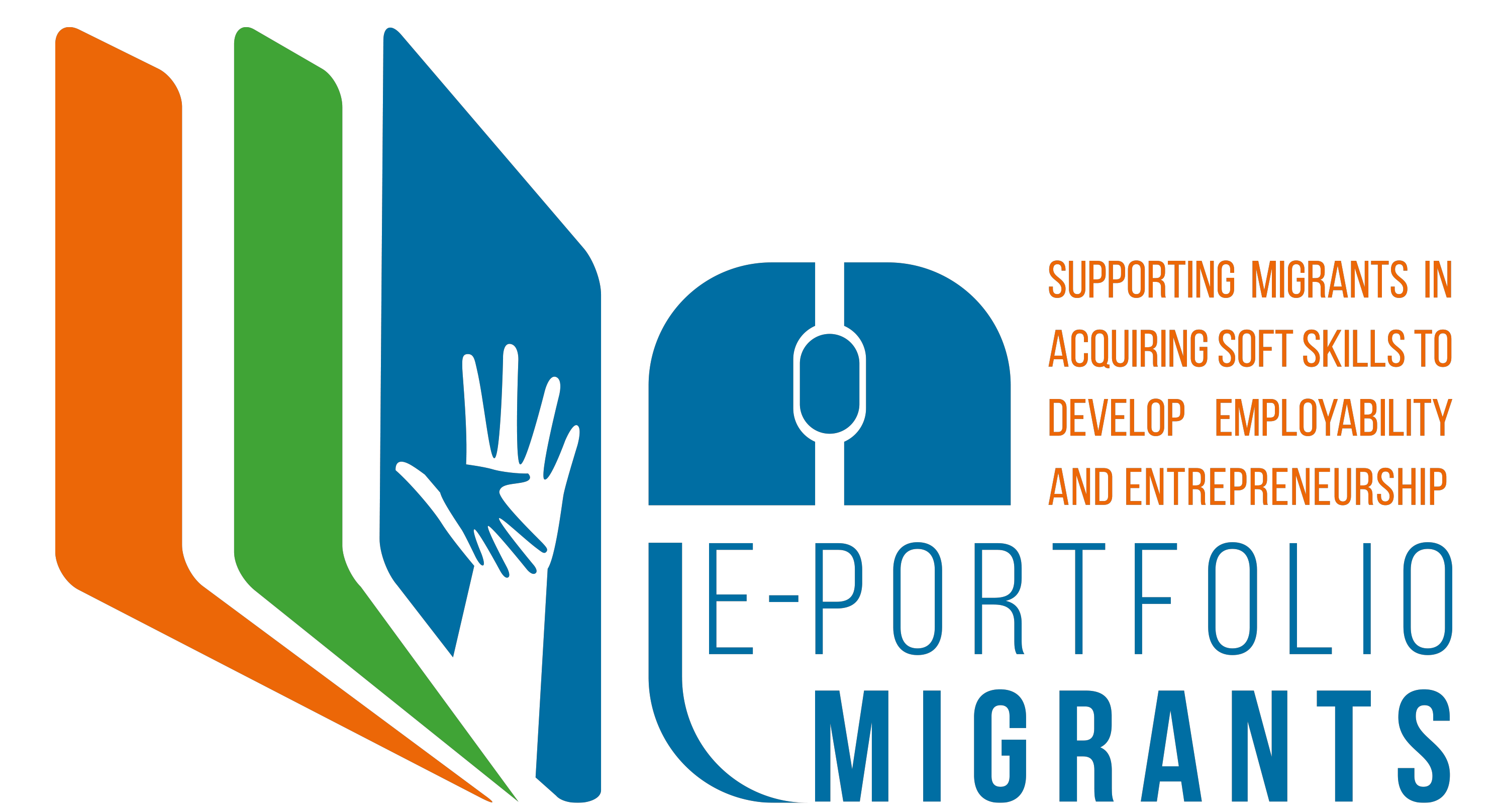In today’s increasingly interconnected world, the importance of migrants’ soft skills cannot be overstated. These skills encompass a range of interpersonal and communication abilities, adaptability, and resilience, and they are essential for migrants as they navigate new environments, cultures, and job markets. However, to truly raise the significance impact of migrants’ soft skills training, it is crucial to involve as many stakeholders as possible.
Empowering Migrants Through Soft Skills
Migrants face numerous challenges when they move to a new country. They must adapt to a new culture, often learn a new language, and navigate unfamiliar systems and processes. Soft skills, such as effective communication, problem-solving, and cultural sensitivity, play a vital role in their successful integration into their host communities.
Empowering migrants with these skills goes beyond mere language proficiency or technical knowledge. It equips them with the tools to build relationships, understand local customs, and become active contributors to their new societies. Soft skills training can boost migrants’ self-confidence, employability, and overall well-being, making them valuable assets to both their host communities and their countries of origin.
The Role of Stakeholders
To maximize the impact of soft skills training for migrants, it is imperative to engage a wide range of stakeholders. These stakeholders can include:
1. Government Agencies: Government support is essential for funding and implementing training programs. Policymakers can also create an inclusive environment that welcomes migrants.
2. Educational Institutions: Schools and universities can offer tailored soft skills courses, language training, and cultural orientation programs to prepare migrants for success in their host country.
3. Non-Governmental Organizations (NGOs): NGOs often play a vital role in providing resources, support services, and advocacy for migrants. Their involvement can significantly enhance the effectiveness of soft skills training.
4. Employers: Employers benefit from a workforce equipped with strong soft skills. They can collaborate with training programs and offer internships or job opportunities to migrants.
5. Local Communities: Involving local communities in the training process fosters understanding and acceptance, reducing potential cultural barriers and discrimination.
6. Migrants Themselves: Active participation of migrants in the design and implementation of training programs ensures that their unique needs and perspectives are considered.
Benefits of Stakeholder Involvement
Involving multiple stakeholders brings diverse perspectives and expertise to the table. This can lead to more comprehensive and effective training programs. It can help secure funding, resources, and expertise that might not be available otherwise. It ensures that training programs are tailored to the specific needs of migrants and the host community. A holistic approach helps address various challenges migrants may face, from language barriers to cultural differences.
Last but not least, stakeholder involvement can lead to the development of sustainable, long-term initiatives that continue to benefit migrants and host communities.

To unlock this potential, involving as many stakeholders as possible is not just beneficial; it’s essential. By working together, governments, educational institutions, NGOs, employers, and local communities can create a more inclusive and prosperous future for migrants and their host countries.





